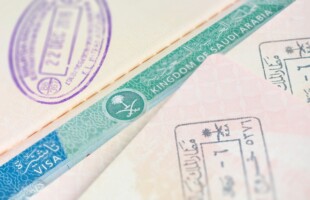Kuwait’s Public Authority for Manpower (PAM) issued a new decision on 3 March 2021 that eases some restrictions on foreign employment transfers in order to address labour shortages.
According to administrative decision no. (142) of 2021, locally-employed migrants in all sectors can transfer to any sector, provided they have the approval of their previous employer, without needing to complete one year’s service, as is normally required under article 5 of the administrative decision no. (842) of 2015.
Reversing two earlier bans, the decision also permits migrant workers in the public sector (working in ministries, government agencies and institutions) and those on a dependent visa to transfer to the private sector "until further notice".
Migrant workers in industry, agriculture, fishing, cooperative societies, grazing, and those working in free trade zones can now transfer to any job during any time of service with the approval of the employer, again “until further notice”. Previously, workers in these sectors were only able to transfer jobs within the same sector after one year’s service and with approval from the employer.
Excluded:
According to PAM’s statement, the decision does not apply to workers in small and medium enterprises. However, PAM director Ahmed Al-Mousa, revealed to Al-Jarida that a ministerial decision is awaiting approval to ease the transfer of workers in SMEs.
Private sector workers who work on government-contracted projects are also excluded from the decision. In this regard, workers are permitted to transfer only to other government-contracted projects carried out by the same sponsor and only after the end of the contract. Approval from relevant government entities is needed for transfer to other government-contracted projects carried out by another sponsor.
Domestic workers and migrants aged over 60 without a degree are also excluded from the decision.
Kuwait has only resumed international recruitment for domestic workers. The recruitment of other workers from abroad is currently permitted only with special permission through the prime minister’s office. Kuwait’s Civil Aviation Authority has also recently extended an entry ban on non-Kuwaiti citizens until further notice.
These policies have created large disruptions in Kuwait’s labour market, which prompted the issuance of Decision no. 142. However, even with these temporary reforms, Kuwait’s mobility regulations remain among the most restrictive in the GCC.




